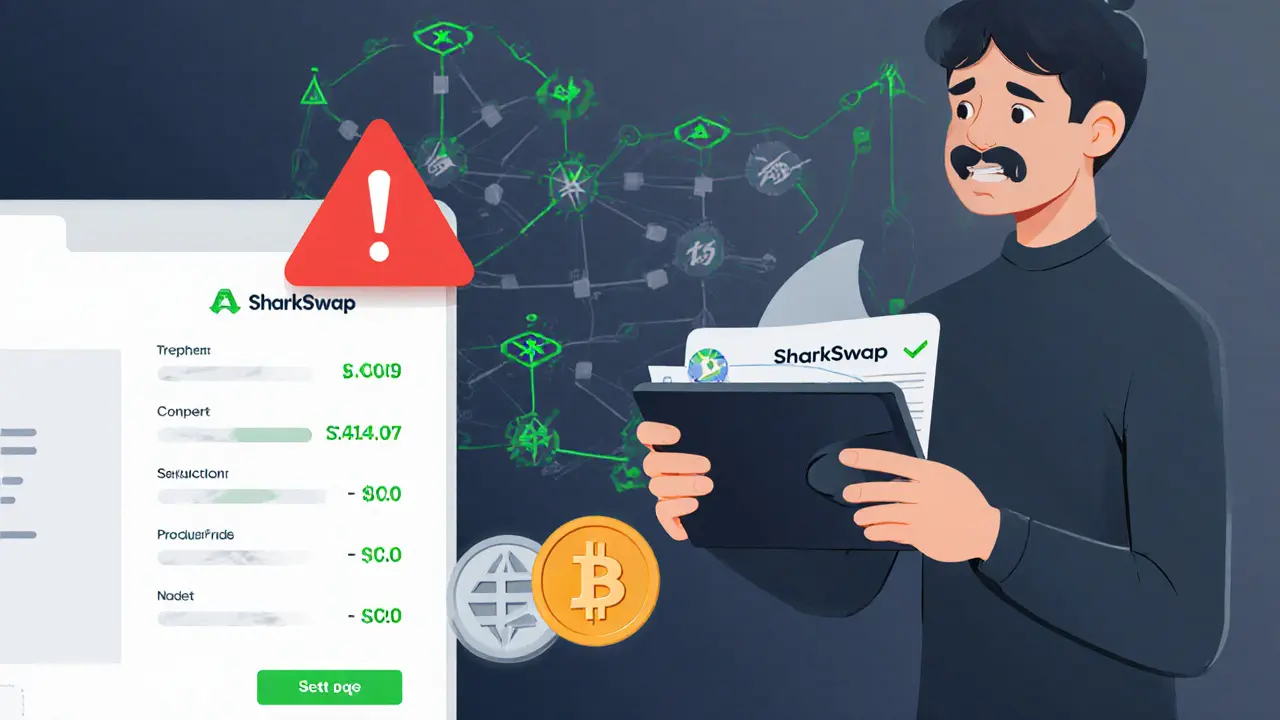SharkSwap: What It Is, Why It Matters, and What You’ll Find Here
When you hear SharkSwap, a decentralized exchange designed for low-cost, fast token swaps on emerging blockchains. Also known as a DEX built for niche chains, it’s not just another crypto platform—it’s a tool used by traders who want to avoid Ethereum’s high fees and move assets quickly on chains like BSC, Polygon, or Layer 2s. Unlike big-name DEXs like Uniswap or PancakeSwap, SharkSwap often flies under the radar, serving users who need quick swaps without the noise of mainstream platforms.
SharkSwap relates directly to decentralized exchange, a peer-to-peer crypto trading platform that runs without a central authority, which means no KYC, no middlemen, and no account freezes. But not all DEXs are built the same. SharkSwap’s strength lies in its simplicity: low gas, minimal slippage, and focused liquidity pools. It often pairs with blockchain protocol, a foundational layer that supports smart contracts and token transfers networks that prioritize speed over breadth. That’s why you’ll find it used more by active traders than long-term holders.
What you won’t find here are hype-filled reviews or fake volume reports. The posts under this tag are real—some showing SharkSwap as a hidden gem, others exposing it as a dead pool with zero trading volume. You’ll see how it stacks up against rivals like Wagmi (Kava), IceCreamSwap (Blast), and HB DEX. Some users swear by its low fees; others walked away after their trades failed or their tokens vanished. We don’t sugarcoat it. If a DEX has $0 volume, we say so. If it’s still alive and useful, we explain why.
There’s no magic here—just facts. You’ll learn what makes SharkSwap work (or not), how liquidity affects your trades, and when to walk away. If you’re trying to swap tokens on a lesser-known chain, this collection gives you the real picture: the good, the bad, and the outright scams hiding behind similar names. No fluff. No promises. Just what you need to decide if SharkSwap is worth your time in 2025.
SharkSwap Crypto Exchange Review: What You Need to Know in 2025
SharkSwap is a decentralized crypto exchange with no public team, audits, or trading volume. It's only mentioned in tax guides because it generates taxable events. Learn why most users should avoid it in 2025.
Details +